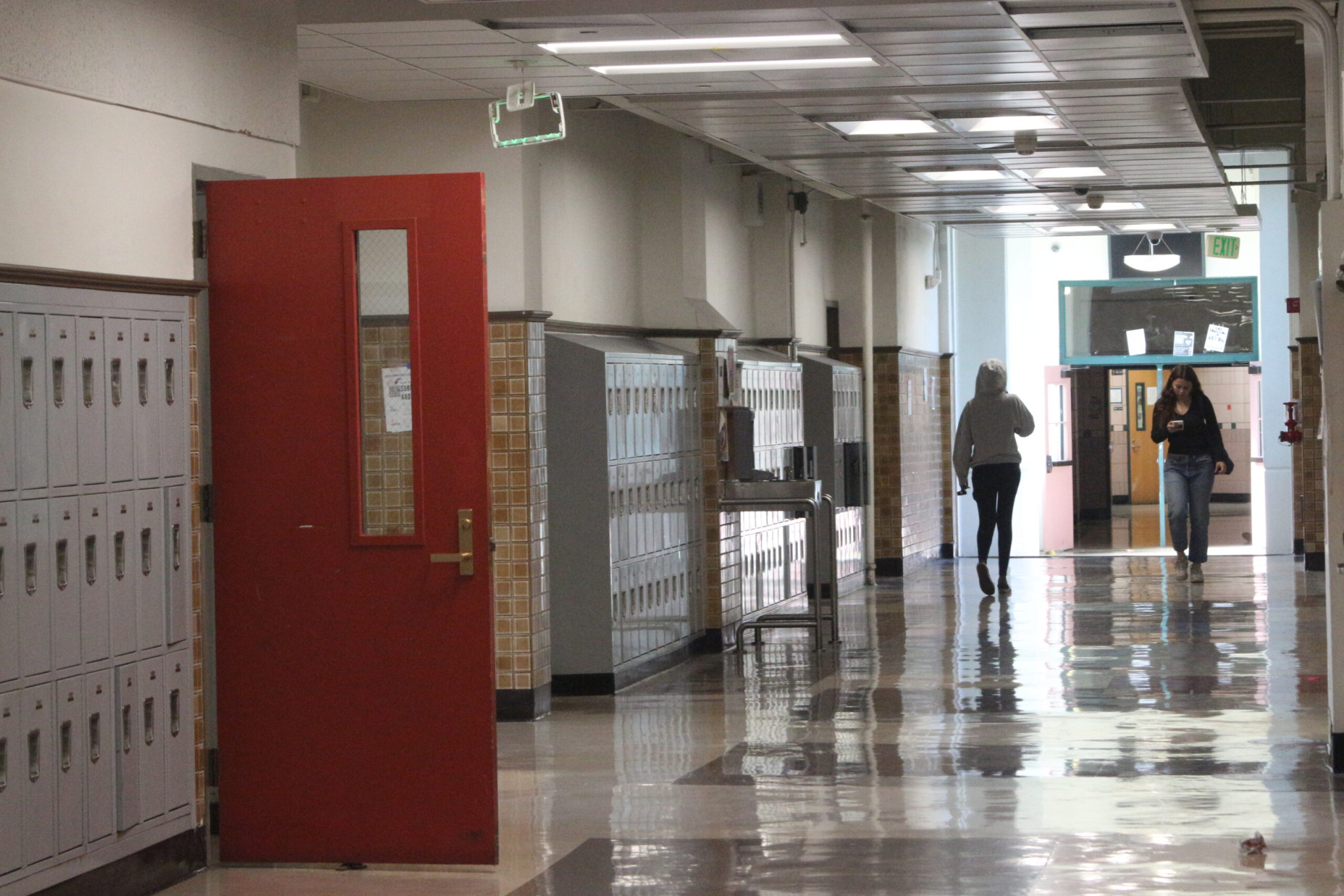From thrilling stakeouts to well-planned time bombs, this year’s game of assassin at Berkeley High School was filled with many exciting moments, according to the game’s administrator, who chose to remain anonymous. “A lot of teams are passionate about it, but there was a lot of disagreement,” they said.
70 teams participated, each with three members. This year’s game was a large event for BHS students. Each team had paid 30 dollars to participate in the game, and 1,000 dollars of the 2,100 dollars went to the game’s administrator.
According to the administrator, the large amount of participation made the game very interesting to play. However, this put a large amount of pressure on them, as they made the decisions about each kill and worked to regulate the game.
“There were a lot of people complaining about how they had different expectations for the game, that it was supposed to be more fun, more entertaining,” said the administrator. With the number of people playing the game, it was hard to find a solution that would benefit everyone, and many decisions left at least some portion of players unhappy.
Various students came forward saying that they had other expectations for the game and that they were upset by the way it was run or how their team got out,” said the administrator. “There was definitely a lot of immaturity overall,” the administrator said. The administrator emphasized that they would work to clarify the rules if they were to run the again, however,
they felt that there were many exciting moments throughout the game. “I think the biggest highlight was when there were super funny, strategic things when it came to the kills,” the administrator said.
One participant, Emmet Tjen, said that he had a great experience with the way the game was organized and even managed to make new friends along the way. “I loved it. I had a great time. Lots of ups and downs, but overall it made going to school a lot more fun and exciting.”
Tjen shared how it was more than just a game, it was also a collaborative effort between peers and a great way to meet new people. “The best part of it was hearing all the gossip and as the week went on, you try to work with other teams to benefit your team,” said Tjen.
When asked about his thoughts on players using loopholes to get around the rules, he responded by saying, “I think it's all part of the game. But at the same time, I hope that people just use the honor code.”
The administrator said that many players paid off other teams so that they could continue. Teams would pay others $60 to move onto the next round so that each player on that team made a profit, and by using that approach one of these teams even made it to the finale.
While many players felt the administrator took a large cut of the prize money, Tjen thought that the cut of money that the administrator took was fair, that the amount of work they had put into managing and organizing the event each day is equal to the amount of money they made at the end of the game.
Tjen highlighted that it was important for everyone to have fun and for the game to run as smoothly as possible for all players involved. “Choose your good friends to be on a team with, and watch your back, but also like don't take the game too seriously,” he said when asked about his advice for next year's players.
Max Lim, a participant, said the game was stressful at times but it could also be lots of fun. “My team, we really liked using timers. We got pretty good at it. The second two people we had to eliminate we got them by fourth period on the first day of the week,” he said.
Lim agreed that the game relied strongly on the honor code, and if you are out, it’s important to accept that so that everyone can have fun and minimize disagreement.
One of the most interesting events to occur during the game was when a junior was part of a team, and managed to make it all the way to the finale until they were caught and said player was disqualified, according to the game’s administrator.
“I think we should try to keep (this) tradition. It's cool to have the Berkeley High community just come and watch because at the end of the day it is a game,” Tjen said.





